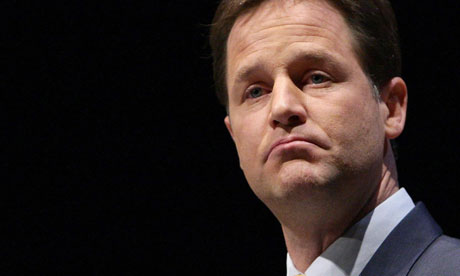Dramatic rescue in Ivorian city

Click to play
Dorothea Krimitsas, International Committee of the Red Cross: "The population in Abidjan has been very hard hit"
French forces have snatched the Japanese ambassador to safety from near the embattled presidential residence in Ivory Coast's main city, Abidjan.
Soldiers traded fire with guards at the residence where Laurent Gbagbo is ensconced, refusing to stand down as president, French officials said.
France, the former colonial power, has called on Mr Gbagbo to resign after losing November's election.
Forces loyal to his rival, Alassane Ouattara, are besieging the residence.
They were driven back when they tried to storm the site in a chic district of Abidjan on Wednesday, after talks on a cease-fire and Mr Gbagbo's departure ran into difficulty.
The incumbent president continues to insist he won the election, despite international recognition of Mr Ouattara's victory.
Mr Gbagbo says Mr Ouattara's troops want to kill him but they say they have strict orders to capture him alive.
'A lot of blood'Late on Wednesday, French helicopters moved in to evacuate the Japanese ambassador, Okamura Yoshifumi, and his aides after his home near the presidential residence was invaded by unidentified gunmen.
They were taken to safety in a French military camp at Port-Bouet, south of Abidjan, the French embassy said.
The French said they had acted after a request from Japan and the UN.
During the operation, French forces exchanged fire with fighters defending Mr Gbagbo's residence.
Speaking before his rescue, Mr Yoshifumi told AFP news agency that a group of "mercenaries" had occupied his residence for five hours.
While he and others sheltered in a safe room, the gunmen used his residence as a firing-point to launch rockets and fire machine-guns and cannon, he said.
He said he had later found that four people employed at the residence, security guards and a gardener, had "vanished", and there was "a lot of blood" in the house.
It was not clear if the gunmen were part of the forces defending the nearby presidential residence or the attacking forces loyal to Mr Ouattara.
France has troops in the country alongside UN peacekeepers, attempting to maintain security around Abidjan under the terms of a UN Security Council resolution.
French Foreign Minister Alain Juppe said neither French nor UN troops were involved in the new offensive against Mr Gbagbo.
Failed assaultSpeaking by phone to French radio on Wednesday and sounding defiant, Mr Gbagbo denied he was hiding in a bunker.
"I am in the residence - the residence of the president of the republic," he said.
Earlier he denied he was surrendering, saying he was only negotiating a truce.
Approaching the compound in pick-up trucks modified to carry heavy machine guns, Mr Ouattara's troops attempted to storm the residence but faced stiff resistance from inside the property's walls, where Mr Gbagbo's supporters were said to be dug in with mortars and rocket launchers.
After several hours of fighting the sounds of battle died away.
Local residents, Western officials and representatives of Mr Ouattara's forces conceded that Mr Gbagbo's men had held out.
Mr Juppe said Mr Gbagbo's "intransigence" had led to the collapse of UN-brokered talks aimed at negotiating an orderly departure.
"The conditions set by President Ouattara are very clear: he demands that Laurent Gbagbo accepts his defeat and recognises the victory of the legitimately elected president," he told parliament.
"That's where we stand today, so sadly the arms have begun to talk again."
Civilians under siegeAs the two sides continue to battle for the presidency, concern is growing over the humanitarian situation in Ivory Coast.
Following two days of advances in Abidjan by pro-Ouattara forces the city's four million people remain mainly inside their homes.
Soldiers, ex-rebel fighters, militia groups and mercenaries are battling for control of the streets, says our correspondent. The main banks have been closed for nearly two months and few people have the funds to stock up on food.
Tens of thousands of people have fled their homes to escape the violence, with the UN refugee agency reporting an increase in the number of Ivorians crossing the border into neighbouring Liberia.
The International Criminal Court says it is preparing to investigate reports of human rights abuses during the fighting.
Last November's election was intended to reunite Ivory Coast which split in two following a northern rebellion in 2002.
The electoral commission pronounced Mr Ouattara the victor, but Ivory Coast's Constitutional Council said Mr Gbagbo had won.
The US, the UN and the EU recognised Mr Ouattara as the winner, but both candidates had themselves sworn in as president and a stand-off ensued.
Skirmishes and battles between the rival forces have since taken place across Ivory Coast, culminating in Mr Ouattara's troops sweeping into Abidjan at the end of March.




